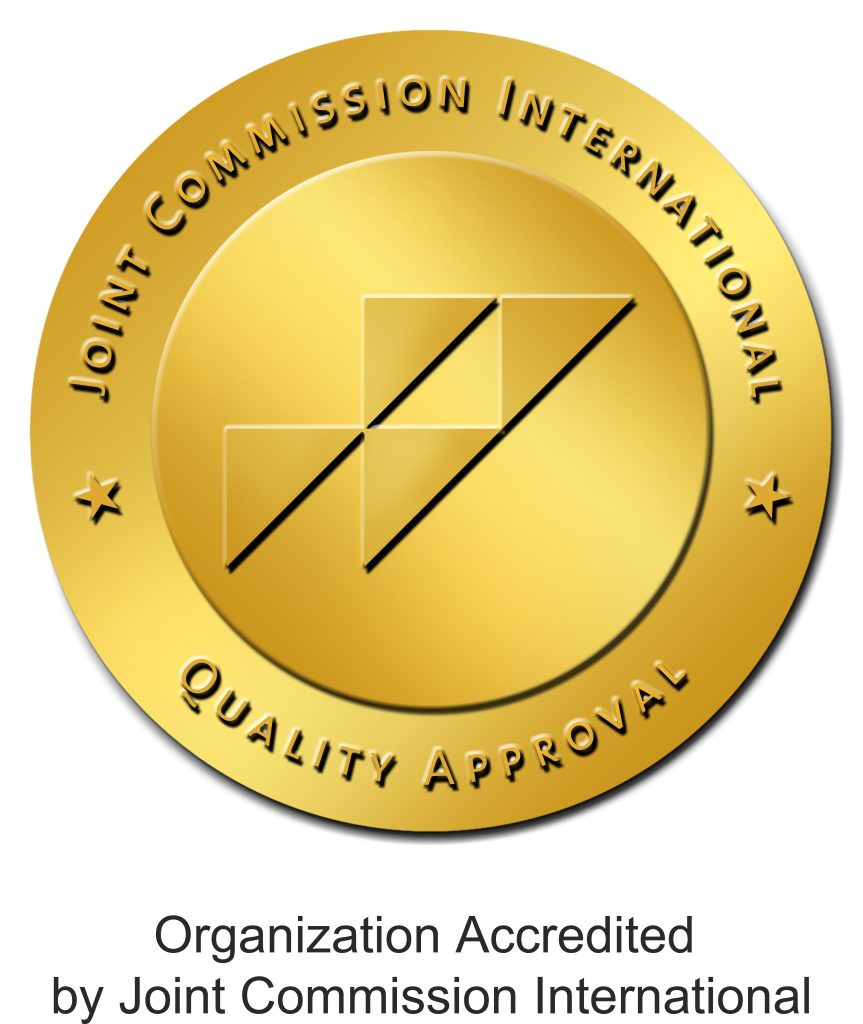In a world affected by the Coronavirus that primarily attacks and destroys lung tissue, quitting smoking is probably one of the best things you can do to safeguard your health.
Here are 9 proven strategies to help you quit smoking:
- Be specific about your reasons for quitting: Write down a list of reasons for wanting to quit smoking and keep it in your wallet. A few examples could be – Not wishing to expose friends and family to second-hand smoke, lowering your risk of lung disease, improving overall health and appearance, and setting a good example for your children. Read this list every time you have an urge to smoke.
- Create a definite plan to quit smoking that suits your temperament: Most people quit smoking by setting a definite date to abruptly stop smoking. For others, gradually reducing the number of cigarettes or cigars smoked in a day is the approach.
- Develop a healthy habit to replace smoking: Try to learn a new skill such as playing a musical instrument, take up a new hobby, or commit to an exercise program to get in shape. The new, healthier activities will help keep your mind occupied and make it easier for you to deal with symptoms of nicotine withdrawal/cravings.
- Avoid known triggers to smoking: Recognize and avoid situations or places that increase your desire to smoke such as alcohol, certain foods, hanging out in designated smoking areas, and spending too much time in the company of associates or friends who smoke.
- Find effective mechanisms for coping with stress: Many smokers state smoking helps them manage stress. To successfully combat stress when trying to avoid smoking, consider healthier alternatives such as deep breathing exercises, meditation, yoga, or listening to relaxing music.
- Consider prescription medications: According to research studies, certain prescription medications can help people quit tobacco. Some of these medications can be taken along with nicotine replacement therapy and can be started a few weeks before the date when you plan to quit to maximize their effectiveness. These medications can have side effects and should only be taken as prescribed by your doctor.
- Enlist support of friends and family: Tell close friends or family members who are comfortable with your decision to quit smoking. They will help you stay true to your decision at times when you might be tempted to convince yourself that smoking just one cigarette or having one puff is okay, when this is clearly not the case. Talking to someone you trust can be helpful in overcoming an urge to smoke.
- Remind yourself of the benefits of not smoking: The many positive aspects include the invigorated feeling of breathing fresh air, improved lung function, increased endurance, better skin, teeth, and hair, improved taste and smell, and bolstered immunity. These are just some of the benefits that make it worthwhile to quit smoking.
- Consider professional counseling: For those who have not been able to quit smoking on their own or with the help of family and friends, professional counseling may be the best option. This can be in the form of individual behavioral counselling or group therapy. Trained and experienced counsellors will be able to provide you with the support and the necessary tools needed to achieve your goal. According to research, combining counseling sessions with medications may further boost your chances of breaking free from the habit of smoking.
For more information on how American Center for Psychiatry & Neurology can help you quit smoking and other services, please call 800 ACPN (2276).

Dr. Rami Alshihabi
Clinical Psychologist,
Clinical Lead - Psychology Services
Abu Dhabi



